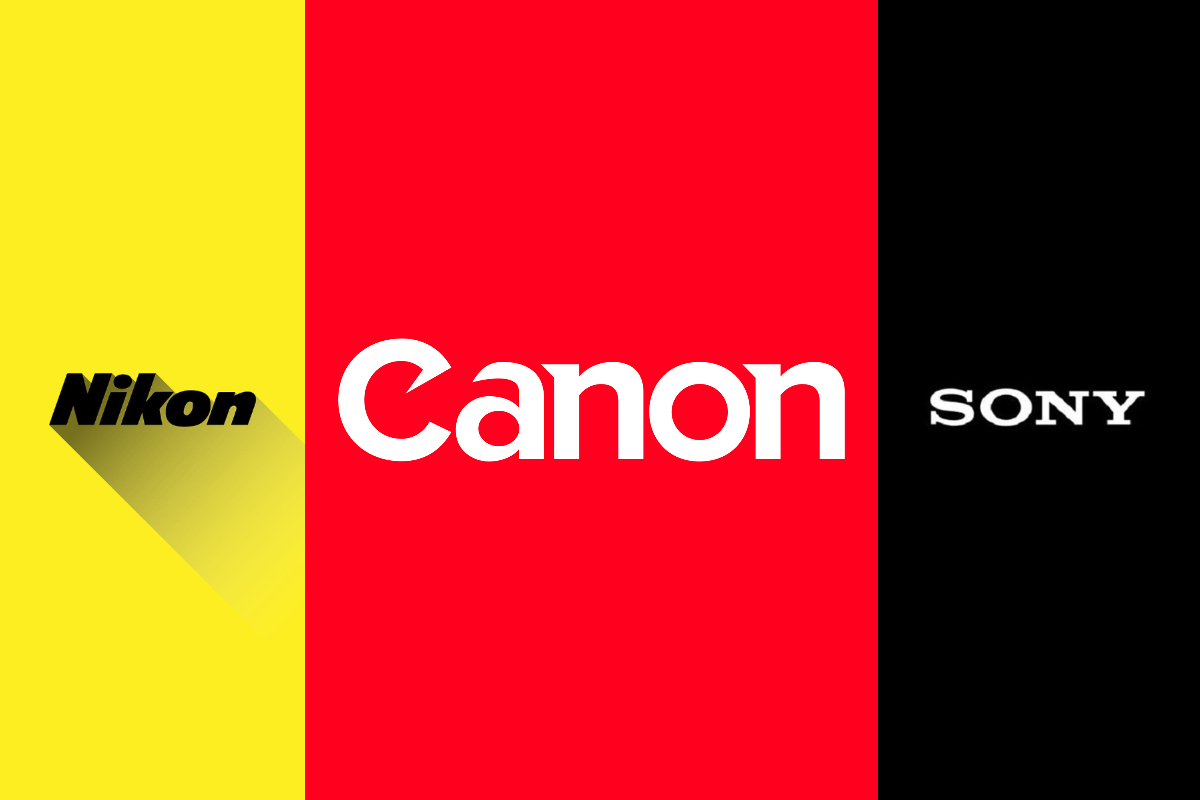- Camera giants (Nikon, Sony, Canon) fight deepfakes with digital signatures.
- Signatures include crucial details for tamper resistance.
- Verify, a free web tool, ensures image authenticity.
In a collaborative effort to combat the rising threat of deepfake images, industry giants Nikon, Sony, and Canon are set to introduce cutting-edge technology that embeds digital signatures in their cameras. This innovative move aims to serve as a robust authentication system, providing proof of the origin and integrity of images captured by their devices.
The digital signatures will encompass crucial information such as the date, time, location, and photographer details, making them resistant to tampering. This development is particularly significant for professionals, including photojournalists, who rely on the credibility of their work.
Nikon is slated to offer this feature in its mirrorless cameras, while Sony and Canon will incorporate it into their professional-grade mirrorless SLR cameras. The three camera giants have also collectively agreed upon a global standard for digital signatures, ensuring compatibility with a web-based tool named “Verify.”
Verify, launched by a coalition of global news organizations, technology companies, and camera manufacturers, will enable users to verify the authenticity of images for free. If an image carries a digital signature, Verify will display relevant information, providing assurance of its legitimacy. In cases where artificial intelligence is involved in creating or altering an image, Verify will flag it as having “No Content Credentials.”
The urgency for such technology becomes apparent in light of the proliferation of deepfake content, including manipulated images of prominent figures like former US President Donald Trump and Japanese Prime Minister Fumio Kishida. Recent developments, such as China’s Tsinghua University researchers creating a generative AI technology capable of producing large volumes of images, further underscore the need for robust authentication measures.
The new camera technology, anticipated to be available by 2024, will see Sony leading the charge with a spring 2024 release, followed by Canon later that year. Sony is also exploring the extension of this technology to videos, while Canon is concurrently developing a similar video authentication technology. The companies have already conducted field tests with media outlets like The Associated Press.
In addition to the camera manufacturers, other tech giants are joining the fight against fake images. Google has introduced a tool incorporating invisible digital watermarks to detect AI-generated pictures, while Intel’s technology analyzes skin color changes in images to determine authenticity. Hitachi is working on preventing online identity fraud by verifying user images.
This united front against deepfakes reflects the collective commitment of industry leaders to restore trust and confidence in the images that shape our perceptions of the world.
[embedpost slug=”/ai-detects-secret-code-in-famous-raphael-artwork/”]





















